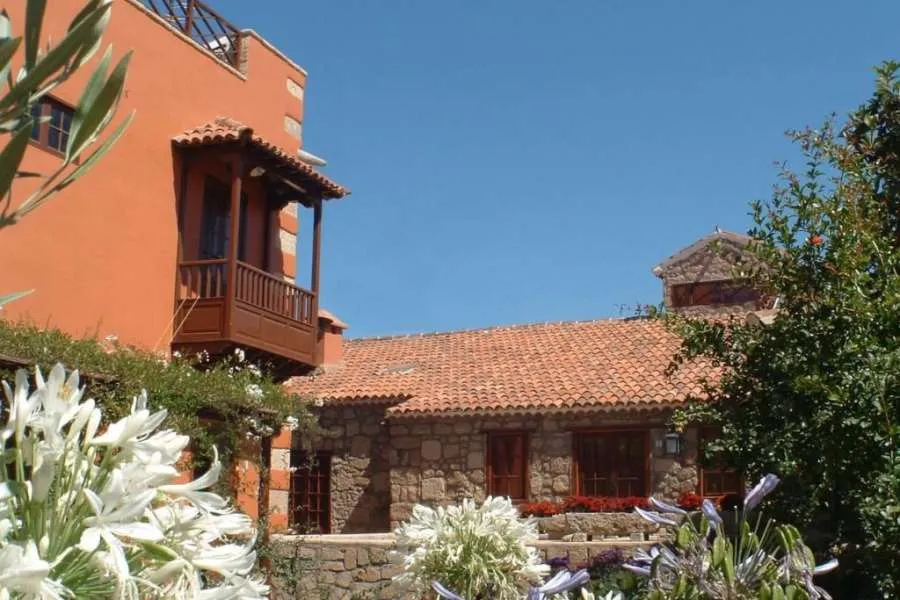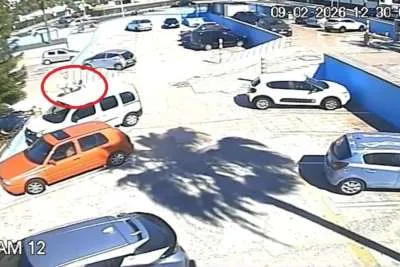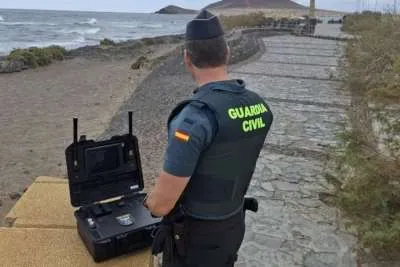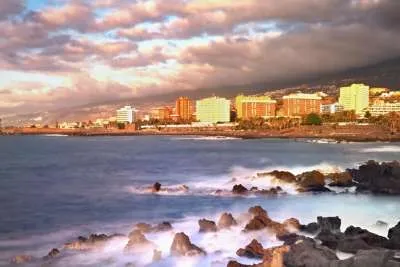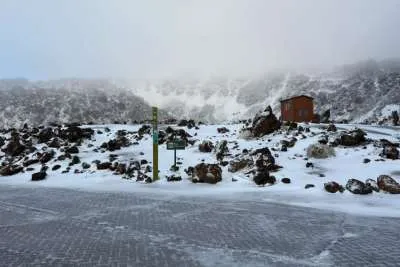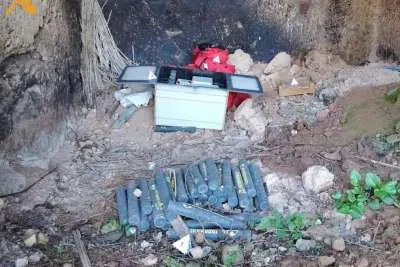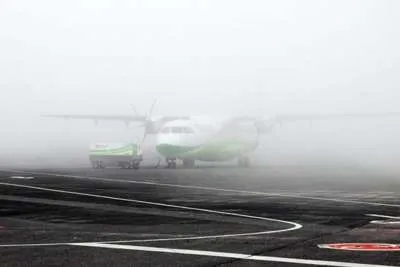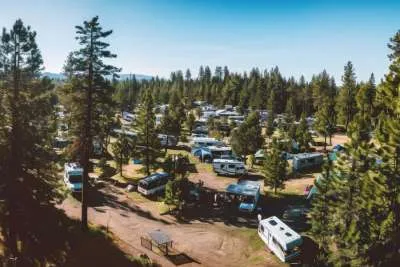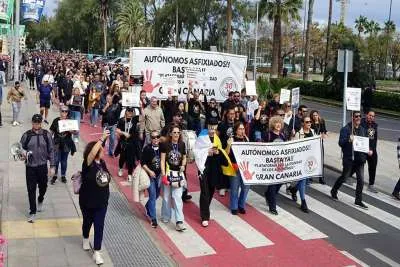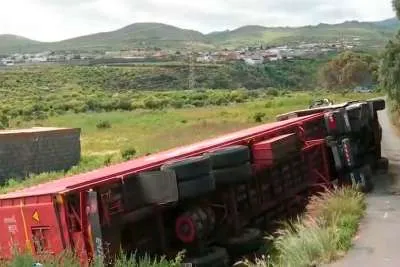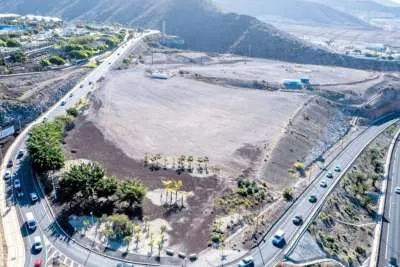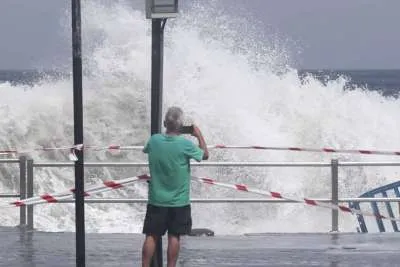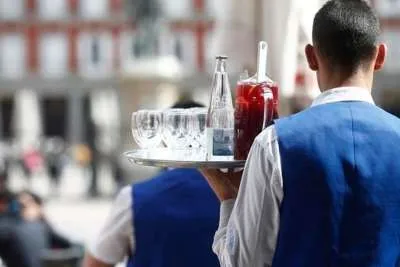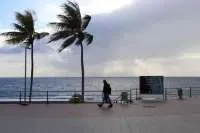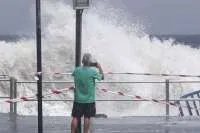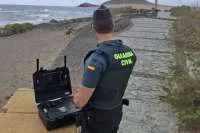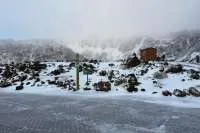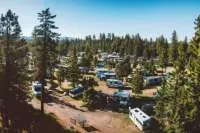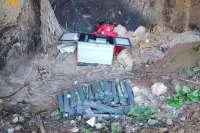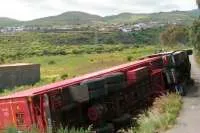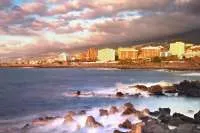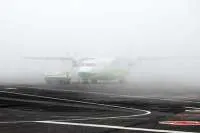Rural tourism calls for action against ‘nonsense’ of holiday lets on protected land
- 23-08-2025
- Business
- Canarian Weekly
- Photo Credit: Booking.com
The rural tourism sector in the Canary Islands is demanding urgent action to curb what it describes as the “nonsense” of holiday accommodation being offered illegally on rustic and protected land.
The subsector, which consists of around 800 rural houses with capacity for more than 4,000 guests, mostly located in Tenerife, La Palma, and Gran Canaria, says it has been left struggling for survival due to the “massive supply” of holiday lets in mid-mountain villages, many of which operate outside planning regulations.
A sector under threat
Hopes are pinned on several forthcoming measures, including a study commissioned by the Canary Islands Government into the state of the sector, the long-awaited Vacation Rental Law currently before Parliament, and the implementation of the Rental Registration Number (NRA) system.
This national identifier is required by law for all holiday lets listed on platforms such as Airbnb, though rural tourism houses are exempt because they are already recognised under a separate legal framework.
However, owners say they have little faith in local councils, accusing them of “passivity” in failing to monitor and enforce rules. President of the Tenerife Rural Tourism Association (Tenatur) and a member of Acantur, the Canary Islands Rural Tourism Association, Pedro David Díaz Rodríguez, argues that town halls hold powers over urban planning, classified activities, and land use – yet rarely act.
He insists councils must “inspect and, where appropriate, close, unlicensed holiday rentals on rural land” and stop what he calls the “absurd construction of new properties on protected landscapes”.
What the law says
Díaz explains that rural land is strictly reserved for farming, livestock, and environmental conservation, not residential use. Tourist activity is only permitted where there is a pre-existing heritage building, which can be restored and adapted for visitors under the category of “rural tourism.”
“Everything else,” he warns, “is a substitute or white label on the territory. It is neither rural tourism nor anything like it.”
A cry for help
Rural accommodation owners say their survival depends on stronger political commitment, financial and heritage support, better town planning discipline, and greater technical training within municipal offices.
They argue that rural tourism provides a much-needed alternative to mass tourism, offering guests relaxation in open landscapes, personalised experiences, and a connection with local traditions.
“We are not against modernity,” says Díaz. “We defend the idea of restoring the landscape and propose ‘ruralising tourism’, returning it to its roots, connected to the land, communities, and heritage, while renewing itself through associations and innovation.”
The antithesis of mass tourism
For Díaz, rural houses act as “powerful custodians of Canarian identity and heritage, showcasing the islands’ culture and landscape in ways that hotels, apartments, and holiday homes cannot”.
“Rural tourism is not the competition to mass holiday rental properties,” he concludes. “It is, in fact, their antithesis.”
Other articles that may interest you...
Trending
Most Read Articles
Featured Videos
TributoFest: Michael Buble promo 14.02.2026
- 30-01-2026
TEAs 2025 Highlights
- 17-11-2025


